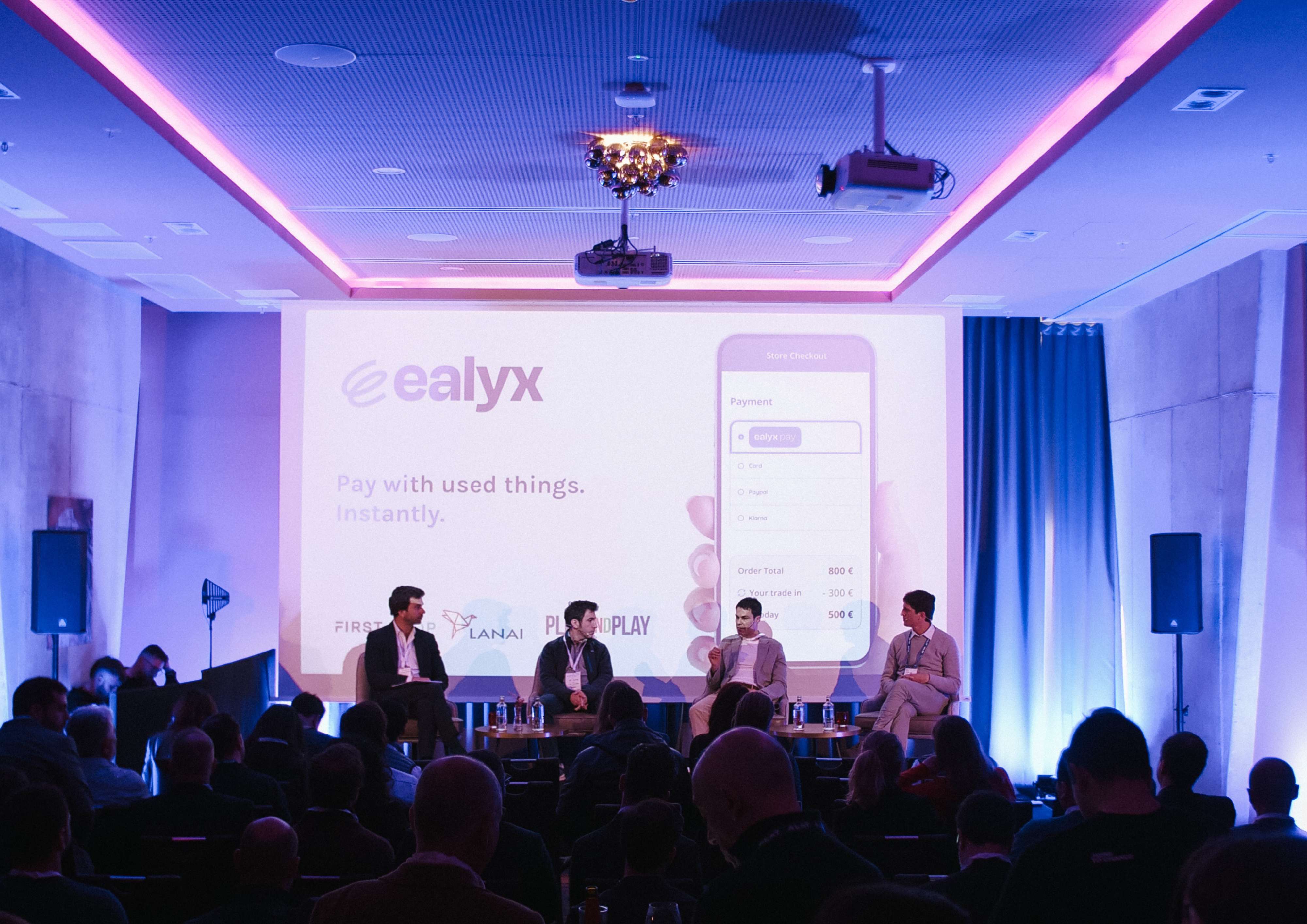YouLend Secures Multi-Year Forward-Flow Facility From...
- 03.03.2026 02:20 pm
Modulr Partners With HiBob To Enhance Pay Day...
- 03.03.2026 12:25 pm
Happy Money Introduces Partner-Branded Program To Help...
- 03.03.2026 09:45 am
Nexi Group And Google Cloud Collaborate To Drive...
- 03.03.2026 08:50 am
Huawei Exceeds ITU Partner2Connect Pledge Target,...
- 03.03.2026 07:35 am
Elliott Management Statement On London Stock Exchange...
- 02.03.2026 11:35 am
Braddick To Take The Helm At The UK’s Banking Watchdog
- 02.03.2026 10:50 am
Yonder Completes All-In-One Travel Stack With eSIM...
- 02.03.2026 08:35 am
Supermicro Expands Support For AI-RAN And Sovereign AI...
- 02.03.2026 08:25 am
NatWest Strengthens Retail Banking Leadership With...
- 27.02.2026 11:15 am
Brink’s to Acquire NCR Atleos for $6.6 Billion,...
- 27.02.2026 08:20 am
Stripe Explores Acquisition of PayPal in Potential...
- 26.02.2026 03:57 pm






















